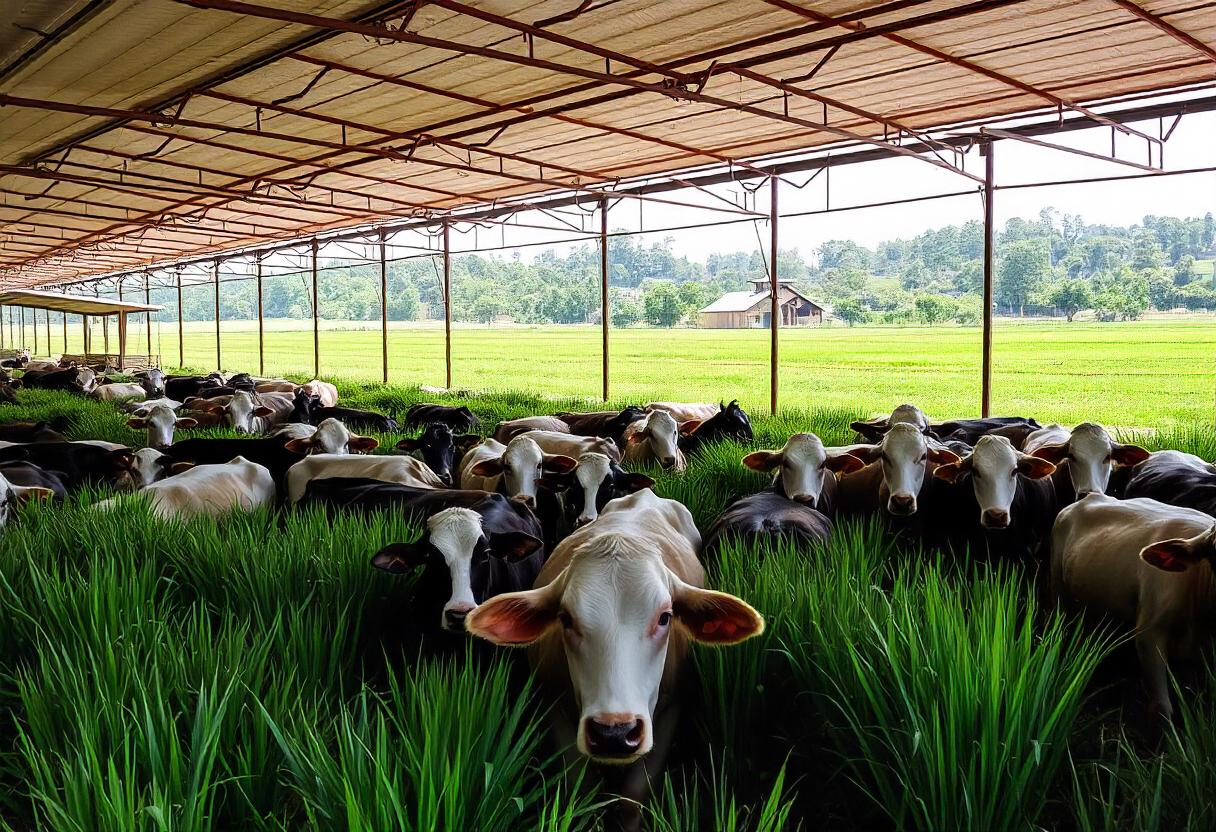
Agriculture stocks represent companies that engage in the farming, production, processing, and distribution of agricultural products. These companies are integral to the global food supply chain, covering a wide array of activities such as growing crops, raising livestock, and producing essential agricultural equipment and chemicals.
Types of Agriculture Stocks
Investing in agriculture stocks can be divided into several categories depending on the specific segment of the industry. Here are some key types:
Farming and Livestock Companies
These companies are involved directly in the farming process, producing crops like wheat, corn, soybeans, and other staple foods. They may also deal in livestock such as cattle, poultry, and pigs. Companies like Archer Daniels Midland and Bunge are examples of firms that engage in this part of agriculture.
Agricultural Equipment Manufacturers
Companies that produce machinery and equipment for the farming industry fall under this category. John Deere and CNH Industrial are popular examples, providing everything from tractors to specialized harvesting equipment.
Agricultural Chemicals and Fertilizers
Agricultural chemicals, fertilizers, and pesticides are essential for modern farming, helping to increase crop yield and combat pests. Companies like Nutrien and Mosaic focus on producing these crucial products that enhance farming efficiency.
Food Processing and Distribution Companies
Some agriculture stocks represent companies that process and distribute food products. Tyson Foods and Conagra Brands are examples of companies that process raw agricultural products into finished goods for consumption.
The Importance of Agriculture Stocks
Agriculture stocks are vital for several reasons. First, they play a crucial role in feeding the global population, which is always in demand regardless of economic conditions. Additionally, agriculture stocks often provide a hedge against inflation because food prices typically rise during inflationary periods, benefiting these companies.
Another reason agriculture stocks are important is their stability. Given the essential nature of their products—food—these companies tend to experience consistent demand, which can lead to more stable returns for investors.
Risks Involved in Agriculture Stocks
Like any investment, agriculture stocks come with risks. One of the primary risks is the vulnerability to unpredictable factors such as weather conditions, which can significantly impact crop yields and livestock production. Additionally, changes in government policies, trade agreements, and fluctuating commodity prices can also affect these companies’ profitability.
Moreover, technological advancements and shifts in consumer preferences (such as the rise of plant-based foods) can either positively or negatively influence agriculture stocks.
How to Invest in Agriculture Stocks
Investing in agriculture stocks can be done directly by purchasing shares of individual companies involved in farming, processing, or distributing agricultural products. Another option is to invest through Exchange Traded Funds (ETFs) that focus on agriculture, which allows for diversification across several companies within the sector.
Popular ETFs like the VanEck Agribusiness ETF and Invesco DB Agriculture Fund offer exposure to a wide range of agriculture stocks, providing investors with a more diversified approach to the sector